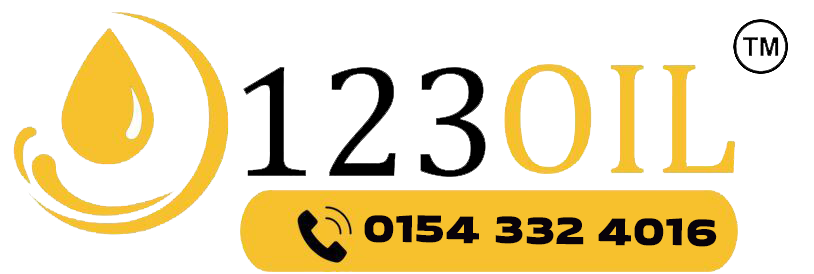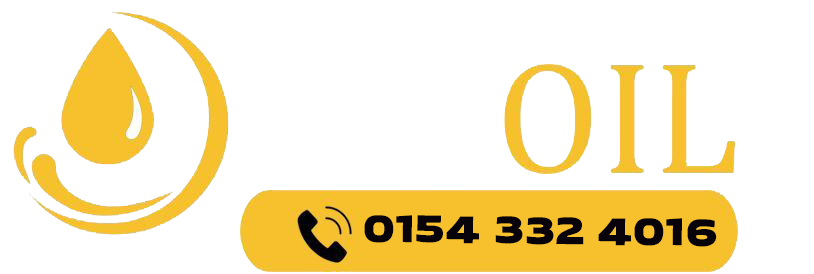What is Fuel Polishing?
Fuel polishing is the process of removing contaminants and water from fuel to ensure its quality and performance.
Why is Fuel Polishing Important?
Fuel polishing is essential to ensure that fuel is high quality and contains no contaminants that can harm engines and equipment.
How Does Fuel Polishing Work?
Fuel polishing typically involves circulating fuel through a filtration system that removes contaminants and water from the fuel.
What Are the Benefits of Fuel Polishing?
The benefits of fuel polishing include improved fuel quality, reduced maintenance costs, improved fuel efficiency, and increased equipment reliability.
How Often Should Fuel Be Polished?
The frequency of fuel polishing depends on several factors, including the type of fuel, storage conditions, and usage patterns. However, it is generally recommended that fuel be polished at least once a year.
What Types of Fuel Can Be Polished?
Fuel polishing can be performed on various fuels, including diesel, gasoline, biodiesel, and kerosene.
What Contaminants Can Be Removed Through Fuel Polishing?
Fuel polishing can remove various contaminants from fuel, including water, sediment, bacteria, and fungi.
What Equipment is Needed for Fuel Polishing?
Fuel polishing equipment typically includes a filtration system, pump, and hoses.
Can Fuel Polishing Be Performed On-Site?
Yes, fuel polishing can be performed on-site using portable fuel polishing systems.
Is Fuel Polishing Expensive?
The cost of fuel polishing depends on several factors, including the type of fuel, the amount of fuel being polished, and the frequency of polishing.
Can Fuel Polishing Prevent Fuel Degradation?
Fuel polishing can help prevent fuel degradation by removing contaminants and water that can accelerate the breakdown of fuel.
Is Fuel Polishing Necessary for New Fuel?
Fuel polishing is not typically necessary for new fuel, but it can be beneficial to ensure that the fuel is high quality and free from contaminants.
Can Fuel Polishing Be Done During Fuel Delivery?
Yes, fuel polishing can be performed during fuel delivery using specialised equipment.
Is Fuel Polishing Required by Law?
Fuel polishing is not required by law, but industry standards and best practices often recommend it.
What Industries Use Fuel Polishing?
Fuel polishing is commonly used in various industries, including transportation, agriculture, and construction.
Can Fuel Polishing Reduce Emissions?
Yes, fuel polishing can help reduce emissions by improving fuel efficiency and ensuring that engines operate optimally.
How Long Does Fuel Polishing Take?
The time required for fuel polishing depends on several factors, including the amount of fuel being polished and the type of equipment being used.
Can Fuel Polishing Be Performed In-House?
Fuel polishing can be performed in-house using the appropriate equipment and trained personnel. However, outsourcing fuel polishing to a specialised service provider is often more efficient and cost-effective.
Can Fuel Polishing Be Performed on a Tank That is in Use?
Yes, fuel polishing can be performed on a tank in use, although it may be necessary to shut down the tank and the equipment using the fuel during the polishing process.
What is the Difference Between Fuel Polishing and Fuel Filtering?
Fuel polishing is a more comprehensive process that involves removing contaminants and water from fuel, whereas fuel filtering typically only removes larger particles and debris.
The Benefits of Fuel Polishing:
Improved Fuel Quality:
Fuel polishing can help improve fuel quality by removing contaminants, water, and other impurities that can negatively affect fuel quality. Over time, fuel can become contaminated with sediment, rust, algae, and other debris that can clog filters, corrode tanks and fuel lines, and damage engines and equipment. Using a fuel polishing system, fuel is circulated through a series of filters and centrifuges, which remove these contaminants and water, ensuring that the fuel is clean and impure-free. This can help prevent engine and equipment problems caused by dirty or contaminated fuel, including clogged filters, reduced fuel efficiency, and increased emissions. Fuel polishing can also help prevent the growth of many microorganisms and bacteria that can thrive in fuel tanks and cause contamination. By removing water and other impurities, fuel polishing can help prevent the growth of these microorganisms, which can cause fuel to degrade and become less effective over time. In summary, fuel polishing helps to maintain the cleanliness and quality of fuel by removing impurities and contaminants that can negatively affect its performance and longevity.
How Can Fuel Polishing Help in Reducing Maintenance Costs:
Fuel polishing can help reduce maintenance costs by preventing fuel-related problems that can lead to expensive repairs and downtime. Here are some ways in which fuel polishing can help in reducing maintenance costs:
- Prevents Clogging: Over time, sediment and other contaminants can build up in fuel tanks and clog filters, leading to engine problems and reduced efficiency. Fuel polishing removes these contaminants before they can cause problems, helping to prevent clogging and extending the lifespan of filters.
- Prevents Corrosion: Water and other impurities in fuel can lead to corrosion in fuel tanks, fuel lines, and engines. Fuel polishing removes water and other impurities, which helps prevent corrosion and extends the life of the equipment.
- Reduces Engine Wear and Tear: Dirty fuel can cause engine wear and tear, reducing the lifespan of engines and increasing the need for repairs. Fuel polishing can help prevent engine problems and minimise wear and tear by ensuring that fuel is clean and contaminant-free.
- Increases Fuel Efficiency: Fuel that has been polished is typically of higher quality and can improve the efficiency of engines and equipment, leading to lower fuel consumption and reduced emissions. This can help reduce fuel and maintenance costs associated with poor fuel efficiency.
- Improves Safety: Fuel-related accidents can be expensive and dangerous. Fuel polishing can help prevent accidents and reduce the risk of costly repairs and downtime by ensuring that fuel is clean and free of impurities.
In summary, fuel polishing can help reduce maintenance costs by preventing fuel-related problems that can lead to expensive repairs and downtime. Fuel polishing can help prevent clogging, corrosion, and engine wear and tear while increasing fuel efficiency and improving safety by ensuring that fuel is clean and free of contaminants.
Improved Fuel Efficiency:
Fuel polishing can help improve fuel efficiency by ensuring that fuel is clean and free of impurities that can negatively affect the engine performance. Over time, fuel can become contaminated with sediment, water, and other debris that can clog filters, corrode tanks and fuel lines, and reduce fuel efficiency. Here are some ways in which fuel polishing can help improve fuel efficiency:
- Removes Contaminants: Fuel polishing removes contaminants, such as sediment and water, which can clog fuel lines and filters, reducing fuel flow and engine performance.
- Reduces Engine Wear and Tear: Contaminated fuel can cause wear and tear on engine components, decreasing engine efficiency and increasing fuel consumption. Fuel polishing can help reduce engine wear and tear, improving engine performance and fuel efficiency by ensuring that fuel is clean and free of contaminants.
- Prevents Fuel System Clogs: Contaminated fuel can cause clogs in fuel lines and filters, reducing fuel flow and engine performance. Fuel polishing helps prevent clogs by removing contaminants, ensuring fuel can flow freely through the system.
- Increases Fuel Atomisation: Clean fuel atomises more quickly, ensuring that it burns more efficiently and produces more power. By removing contaminants, fuel polishing can help increase fuel atomisation, improving engine performance and fuel efficiency.
- Reduces Emissions: Fuel polishing can help reduce emissions by ensuring that fuel is clean and free of contaminants that can cause incomplete combustion and produce harmful emissions.
In summary, fuel polishing can improve fuel efficiency by ensuring that fuel is clean and free of impurities that can negatively affect engine performance. By removing contaminants, reducing engine wear and tear, preventing clogs, increasing fuel atomisation, and reducing emissions, fuel polishing can help engines run more efficiently, reducing fuel consumption and operating costs.
Increased Equipment Reliability:
Fuel polishing can help ensure that engines and equipment operate as intended by preventing damage caused by contaminated fuel.
- Extending the Life of Engines and Equipment: By preventing damage caused by contaminated fuel, fuel polishing can help extend the lifespan of engines and equipment, reducing the need for replacements and repairs.
- Improved Safety: Contaminated fuel can be a safety hazard, and fuel polishing can help mitigate this risk by ensuring that fuel is high quality and free from contaminants.
- Cost-Effective: Fuel polishing can be a cost-effective alternative to replacing contaminated fuel or equipment damaged by contaminated fuel, potentially saving businesses money in the long run.










